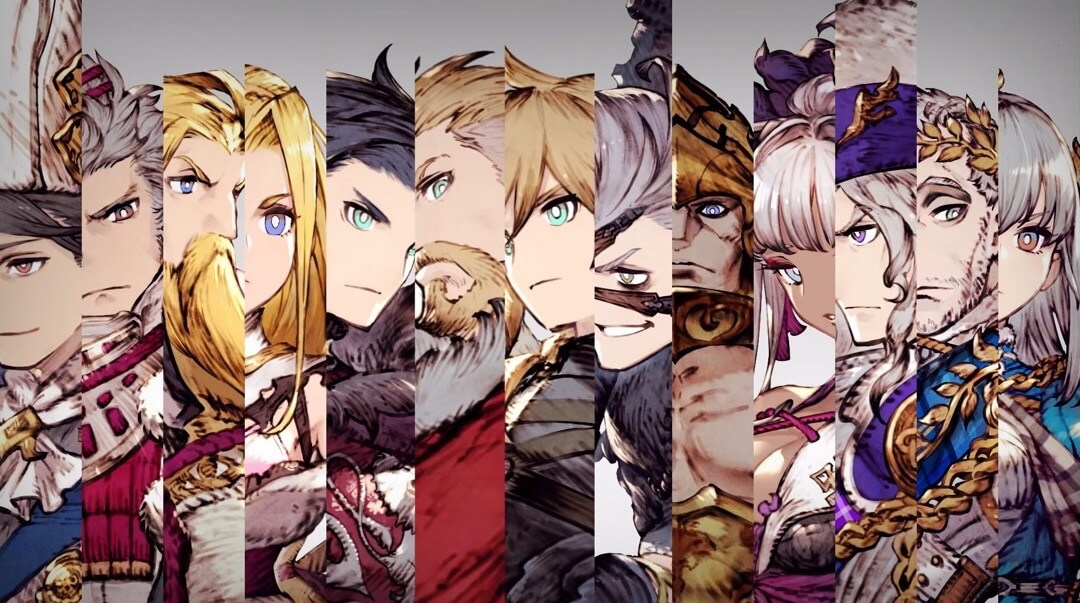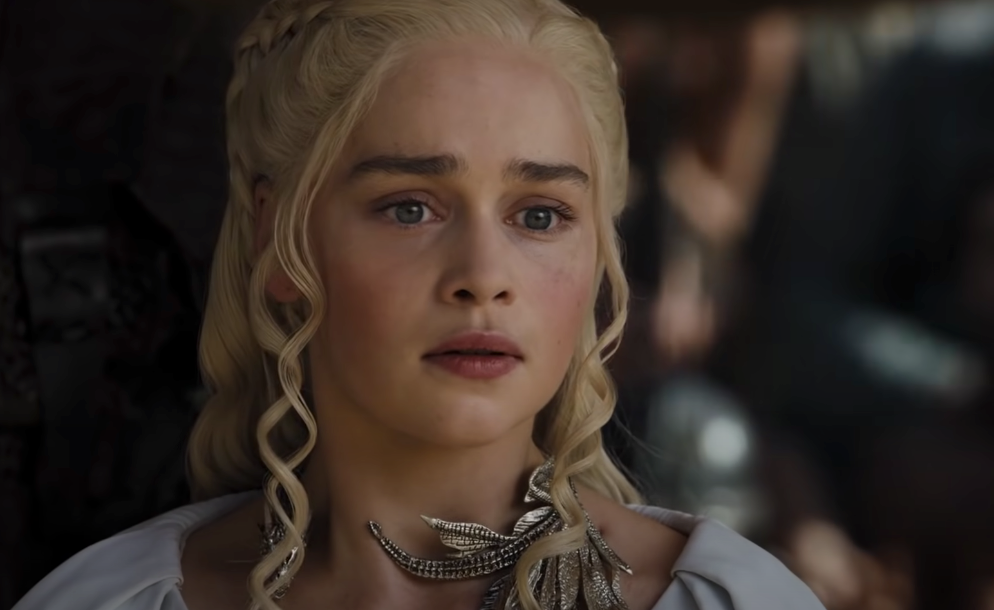By almost any measure, Microsoft put on a very strong showing at Sunday’s Xbox & Bethesda Games Showcase.
A huge quantity and variety of games was shown, the majority of them coming to Game Pass on day one, and a good many boasting some form of Xbox console exclusivity. The big first-party Xbox Game Studios titles looked persuasive: Redfall, Forza Motorsport, and above all, Starfield — the jewel in the crown of Microsoft’s acquisition of Bethesda, and a super-production with the kind of immense scope traditionally reserved for a multiplatform release.
The partnerships on display were canny and broad, from the headline-grabbing scoop of a Hideo Kojima project, through cred-boosting signings like indie darling Hollow Knight: Silksong and the much-loved Persona series, to a novel strategic alliance with competitive gaming behemoth Riot Games, which will bring in-game benefits in League of Legends and its other titles to Game Pass subscribers.
Meanwhile, the inclusion of Blizzard’s Overwatch 2 and Diablo 4 — despite these games boasting no form of Xbox exclusivity or Game Pass benefit — served as a sneak preview of the sheer production and franchise might that Microsoft will possess if its proposed acquisition of Activision Blizzard goes through.
Finally, the stated focus on games that will be released in the next 12 months, and the high volume of actual gameplay footage, made the promise of the show feel tangible and credible. There was no vaporware. These were all games that we will actually be playing, and soon.
There was just one problem: The biggest of them will not be released in 2022.

Not a balanced picture.
The recent delay of Starfield and Redfall into next year had left the Forza reboot as the only hope for a major 2022 Xbox exclusive. It wasn’t to be; Forza Motorsport will come out next spring. As I wrote when the delays were announced, they raise questions about the Xbox organization’s ability to manage its production pipeline across its vastly expanded suite of game studios. The showcase’s focus on the coming year worked well, but it also conveniently excused Microsoft from having to address the state of several previously announced games that are reportedly suffering troubled productions: Rare’s Everwild, Playground Games’ Fable, Undead Labs’ State of Decay 3, and The Initiative’s Perfect Dark. (Obsidian’s Avowed also seems a long way off, but as yet there’s been no suggestion that it’s in trouble.)
Last week, Microsoft said that it had launched five new first-party games in the previous 12 months and was on track to meet or exceed that number in the coming year. The showcase bears that prediction out: Mojang’s Minecraft Legends and Obsidian’s historical adventure Pentiment were announced, alongside the big-ticket trio of Starfield, Redfall, and Forza Motorsport. But only Pentiment, an intriguing but apparently small-scale release, will see the light of day before the holiday. This is not the big, exclusive game that tradition has led us to expect from a platform-holders during the holiday release cycle.
Does it really matter? The games industry’s habitual annual rhythm, peaking in the last months of the year, is hard-wired into anyone who’s been playing console games for more than a few years. But that has been driven, for decades, by the needs of a retail industry that Microsoft is barely participating in any longer. As the company extends the Xbox brand into cloud and PC gaming, holiday console sales are no longer mission-critical. (And in any case, in these supply-constrained times, Microsoft and its competitors are pretty much guaranteed to sell as many machines as they can make.)

Will Pentiment be the only first-party Xbox game released in 2022?
Xbox is not selling boxes any more. It’s a combatant in the great 21st-century content wars, and where its peers Apple, Amazon, and Netflix have chosen to invest in streamed film and TV as a way to colonize people’s leisure time, Microsoft has gone all-in on games. The centerpieces of this strategy are Game Pass and Cloud Gaming, which promise to bring games to players on any screen (including smartphones and, very soon, smart TVs) and convert them into paying subscribers by offering an unbeatable smorgasbord of content for a reasonable monthly fee.
Applying this business model to games is an unproven risk, but Microsoft, like Apple rolling late into the TV streaming wars, is so unimaginably wealthy that it can easily afford to take it. The numbers don’t need to make sense in the short or even medium term. User acquisition is everything in this game, so Microsoft just needs to hook the firehose up to the bank account and start spraying. And it can’t possibly hope to make enough games on its own, so relying on licensing to take up the slack is key.
In this world, scheduling is a secondary concern. (Netflix, for its part, doesn’t seem to pay too much attention to the film and TV industries’ ritual calendars, unless it’s trying to play to the awards season.) You just need enough content to keep people occupied, and the promise of exciting exclusives to come. So Starfield missing Christmas is not as big a deal for Microsoft as, say, Horizon Forbidden West slipping from late 2021 into early 2022 was for Sony. That delay put Guerrilla’s open-word game directly in the path of Elden Ring, which steamrolled it and doomed it to miss its sales targets. But Microsoft would rather you played Starfield on Game Pass than bought it, so who cares?

Lightyear Frontier is a lower-profile game that might find room to shine on Game Pass in 2022.
Nevertheless, momentum still matters. The worry for Xbox is that, post-pandemic, its third-party partners are having the same production issues that it’s experiencing internally. Few game studios out there are making their deadlines, and even this deep into June, the late 2022 schedule looks barren, Overwatch 2 aside. The graphic of 2022 versus 2023 releases Xbox itself shared during its showcase was telling, and set up some unflattering comparisons. Naraka: Bladepoint is a good get, but it’s hardly Diablo 4. If there aren’t enough exciting new games to play, Game Pass subscribers might consider canceling their subscriptions, even with such a bounty coming their way next year.
These are exceptional times. Certainly Microsoft would prefer not to be waiting over a year between the releases of major exclusives, just as Xbox players would. But, if there is to be a dry spell, then perhaps browsing Game Pass and landing on the mech farming game Lightyear Frontier, or deciding to finally give Grounded a spin, will be the perfect way to fill it.
Microsoft’s transformation into the singular titan of gaming content is not yet complete, and the teething troubles it’s facing raise some important questions. But it is changing the rules of the games publishing game to such an extent that it is still the only one with any answers.
Source: Polygon






















